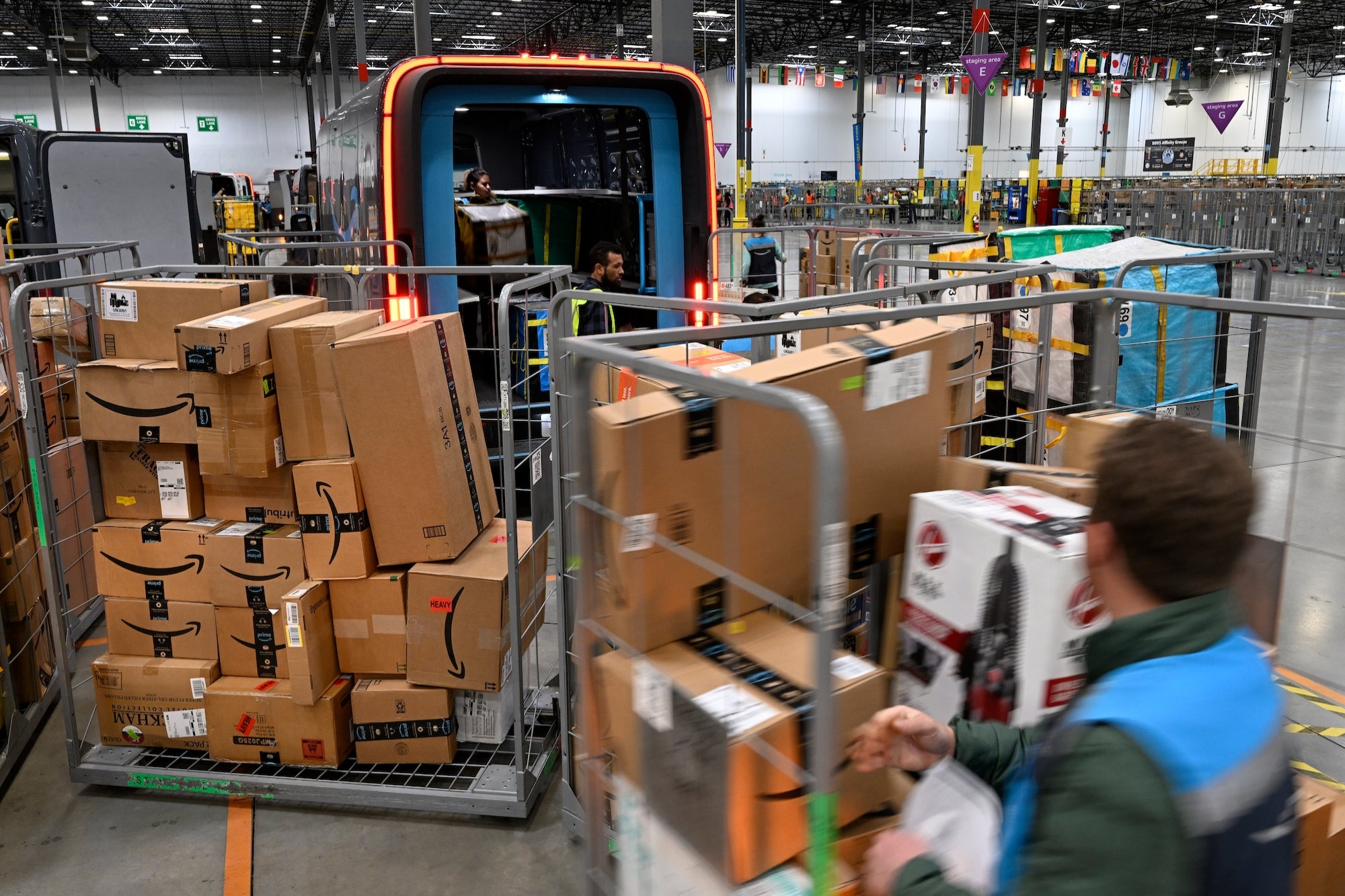How Purpose and Social Responsibility Can Set a Startup ApartCampbell's CEO says new business owners can differentiate their enterprise with ideals that resonate with consumers, their evolving values and needs.
Opinions expressed by Entrepreneur contributors are their own.
As a CEO, I'm passionate about having a personal mission. I believe leadership is service to others and that companies can be forces for good while making a profit. It has served as a compass for my career and keeps me focused on the important things.
In an era when consumers are increasingly focused onsocial responsibility, it's important for companies to differentiate their purpose with ideals that resonate with consumers and their evolving values and needs. Here's my advice for growing a startup in a changing world:
Related:The North Star to Guide Your Startup: Core Values
1. Define the purpose and pin it on beliefs that will set the brand apart from competitors.When I look at great companies, they have something in common: a clear, unique and singular purpose that serves as a framework for making decisions and defines what they are and what they stand for.
At Campbell, our company's purpose is offering real food that matters for life's moments. It states the higher order reason for the work that all our employees do. It's emotional and holds our brands and employees to high standards. We ask ourselves, What do people expect from our food and beverages and what can we do differently or even better to create moments that people will cherish, savor or remember fondly?
Startup owners, identify what your company stands for beyond the bottom line. What are you offering your customers besides products or services? Are you connecting with them through shared values? If you are, you're more likely to gain a loyal following.
Related:The 3 Surprising Ways to Weave Social Good Into a Startup's DNA
2. Link your purpose and beliefs with social responsibility.When I began my career in sales, consumers cared mostly about quality and price. While these attributes are still very important today, many consumers, especially millennials, are putting something new atop the list: social purpose.
According to a2012 study by Edelman, more than half of consumers said that if price and quality were equal, a brand's social purpose would be the most important factor when they're purchasing something.
Separately, a 2012 U.S. Yankelovich MONITOR survey found that 63 percent of those surveyed agreed with this statement: "By choosing to do business with companies that are more socially responsible, I can make a difference in this world."
Employees at my company are guided by a set of beliefs that includes a strong commitment to social responsibility. We believe in the power of food to connect people, but in making those foods, we also have a duty to the Earth, our communities and our people.
To attract new consumers, especially millennials, small businesses should make social responsibility a pillar of their purpose, not an afterthought.
Related:The Power of Giving Back: How Community Involvement Can Boost Your Bottom Line
3. Connect the company's purpose and ideals to business strategies to drive growth.Research consultancyMillward Brownfound in the Stengel Study of Business Growth that the top 50 high-growth brands were, on average, more likely than their competitors to be driven by ideals.
These brands collectively outperformed the S&P 500 almost 400 percent over 10 years. The study concluded that the best businesses "were built not just on innovative product or service ideas but on ideals." In looking at these brands, Millward Brown identified five values that "improve people's lives by eliciting joy; enabling connection; inspiring exploration; evoking pride; and impacting society."
I think a company's beliefs can inspire employees to perform at the highest level. They can also serve as a compass for the firm's growth strategy, as they have at my company, where we've recently acquired new businesses that align with shifts in consumer values and behavior: Bolthouse Farms, whose mission is to make the healthy choice the easy choice, and Plum Organics, a public benefit corporation that offers organic baby food.
As a small business owner, leverage your ability to respond nimbly to shifts in consumer values.
My final point is simple: Make a profit and a difference. It's a winning recipe for growth.
Related:Corporate Social Responsibility Done Right: 5 Ways to Help Your Company Shine










